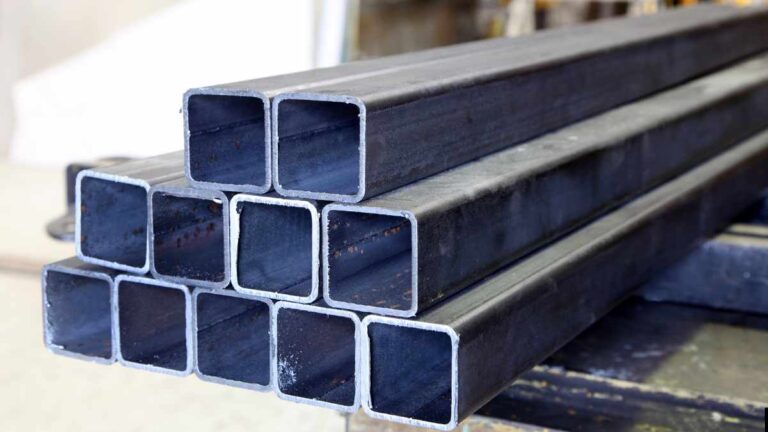The UK steel industry is at a crossroads, struggling with sky-high energy prices and US trade tariffs that threaten its survival. Industry leaders are calling on the government to intervene, warning that without action, the sector risks falling behind global competitors.
Why Is the UK Steel Industry Struggling?
British steelmakers are paying significantly more for electricity than their European rivals. The cost per megawatt-hour (MWh) stands at £68 in the UK, compared to £52 in Germany and £44 in France. This 50% price gap puts the UK at a severe disadvantage, making steel production more expensive and reducing its global competitiveness.
Adding to these financial pressures, the US imposes a 25% tariff on UK steel, cutting 9% off Britain’s steel export value to one of its key markets. With these obstacles, the industry is struggling to maintain profitability and sustain jobs.
Industry Leaders Call for Government Support
Steel producers are urging the government to step in with a contract-for-difference scheme. This mechanism would allow the government to subsidise energy costs when prices spike, with steelmakers repaying when prices drop. Such a system could help stabilise the sector and prevent unpredictable energy costs from crippling production.
The UK government has pledged a £2.5 billion investment to address these challenges, but industry leaders argue that further policy changes are needed to level the playing field with European competitors. Without intervention, companies like British Steel and Tata Steel face an uncertain future.
Why This Matters to the Economy
The steel industry is vital to the UK economy, supporting tens of thousands of jobs and providing essential materials for construction, transport, and infrastructure projects. If high energy costs and trade barriers continue unchecked, the ripple effects could impact industries far beyond steel production.
A weakened steel sector could mean:
- Job losses in key manufacturing regions
- Higher costs for UK-based construction and engineering projects
- Increased reliance on imports, undermining economic resilience
Finding the Right Balance
The UK must navigate a complex balance between supporting domestic industries and managing international trade relations. While Germany and France benefit from lower energy costs, Britain faces the challenge of creating policies that reduce industrial costs without compromising energy security.
With geopolitical tensions rising, maintaining a strong domestic steel supply has never been more important. The question remains: Will the UK government act in time to safeguard its steel industry?



